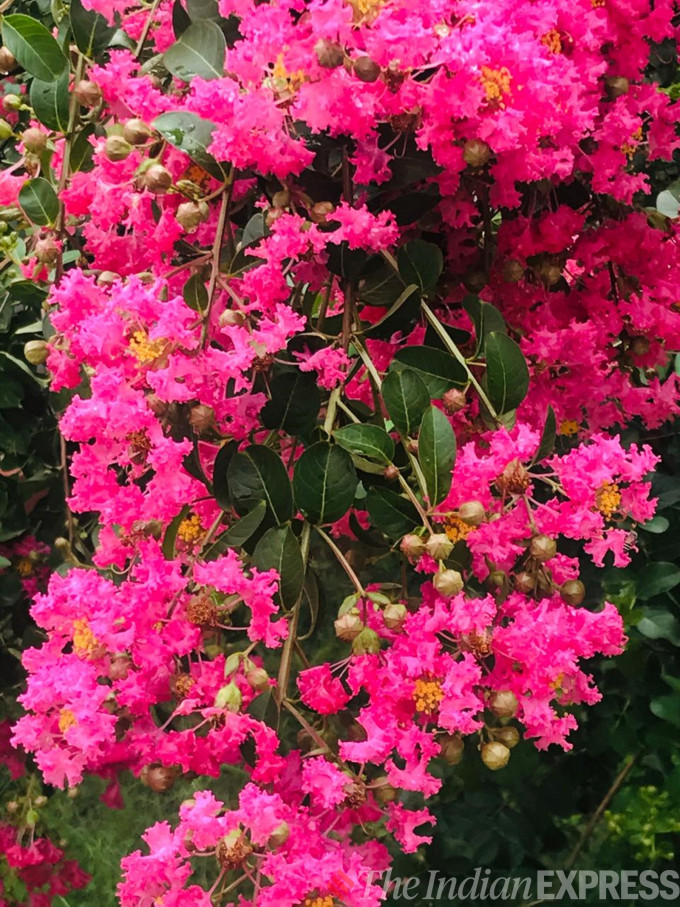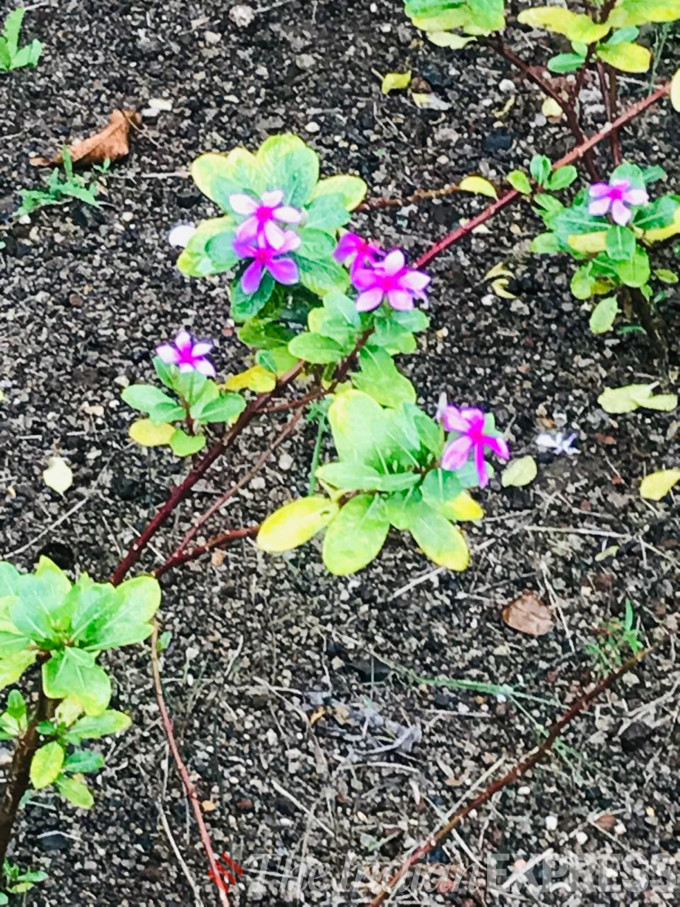As monsoon sets in, it’s raining ‘Madhukamini’: Know all about the evergreen plant
The monsoon rains revive the wilting trees scorched by the sun’s heat. Freshly washed, they offer a respite even as the season’s last Amaltas flowers bid their farewell. While temperate countries see hydrangeas and lilacs blooming at this time, adorning cityscapes everywhere, India boasts its star-shaped white beauties – “Madhukamini.” Its botanical name is Murraya paniculata.
An evergreen plant with many climate-resilient properties, Madhukamini blossoms at the onset of the monsoon, painting the landscape in lush green and white and filling the air with a citrusy-sweet fragrance. The occasional pink, violet, and magenta “Jarhul” flowers punctuate their presence in neighborhood parks, while blooming Madhukamini, with bees hovering, makes for a sight to behold. Sadabahar and Champa add to the monsoonal greenery, as do the mesmerizing white ‘gajras’ of Jasmine sold at traffic signals and local markets.

In the Indian subcontinent, Madhukamini is associated with mythical narratives. Many references in local literature hint at the flower’s “divine prowess,” and it is referred to as “swag se aaya pool (flower from the heavens)” or “the divine flower.” Parijaat and Aparajita are two other flowers with similar references.
With new varieties of the “Murraya” — a word included in the 2021 Scripps National Spelling Bee challenge — or the latest varieties of the plant being discovered in some parts of the world, the flower is catching everyone’s attention, capturing the imagination of even the cosmetic/fragrance industry.
 Jarhul flowers in full bloom in Delhi.
Jarhul flowers in full bloom in Delhi.
Madhukamini is also known as “Orange Jasmine”. Dietician Jasleen Kaur of Just Diet said, “Madhukamini or Murraya are flowering plants from the citrus family, popularly also known as the “mock orange.” Their citrusy aromas make them suitable for use in the fragrance industry and home gardening, contributing to health and wellness.”
In Delhi, these shrubs are commonly found in residential areas, parks, gardens, and homes. Madhukamini’s scents are calm, citrusy, and meditative, attracting bees, butterflies, insects, and small birds; the white/creamish clusters are beautiful biodiversity magnets, making its plantation relevant as an ornamental landscape plant. They are also popularly used as live fencing plants or topiaries in hedgerows in urban spaces, making them a suitable choice for green infrastructure alternatives in cities.
The flowers also have medicinal uses, such as calming therapies, pain relaxation, etc. Since they are also a hotspot for bees, the flowers are also used for extracting honey. It is said that honey extracted from these blooms has a citrusy flavour. Madhukamini has small red fruits and belongs to the same family as the ‘curry’ (Murraya koenigii) leaf tree. However, its leaves are not used for cooking.
 Sadabahar flowers add to the monsoonal greenery.
Sadabahar flowers add to the monsoonal greenery.
Similar to Madhukamini are the Neroli or bitter-orange trees at the start of the monsoon and spring. The place where I reside is where the Madhukamini and Neroli bloom simultaneously during the monsoon season. Neroli blooms, like the Madhukamini, are widely used in the fragrance and wellness industry. Face mists, essential oils, bathing scrubs, lotions, body washes, perfumes – the citrus flower has made its way into the aroma industry. Neroli incense and candles are becoming popular. Its leaves are similar in fragrance to the edible ‘kaffir’ leaves, an essential ingredient in transcontinental culinary delights.
The flowers are harvested in the monsoon season and offered in prayers. Once the rains have washed the trees, the little white flowers carpet the earth, living up to the adage “earth laughs in flowers.”
📣 For more lifestyle news, click here to join our WhatsApp Channel and also follow us on Instagram
Disclaimer: The copyright of this article belongs to the original author. Reposting this article is solely for the purpose of information dissemination and does not constitute any investment advice. If there is any infringement, please contact us immediately. We will make corrections or deletions as necessary. Thank you.
